Daily Human Digest
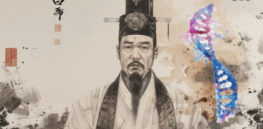
What did sixth-century Chinese Emperor Wu look like? Genetic analysis creates 3D face reconstruction
A team of researchers has successfully generated a genome of the Chinese Emperor Wu (Wudi) of the Xianbei-led Northern Zhou ...
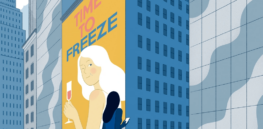
Video: BBC uncovers massive deception by Britain’s ‘social egg freezing’ clinics
Video: Women who freeze their eggs are being misled by some UK clinics about their chances of having a baby ...
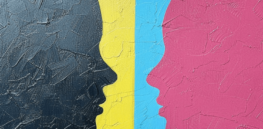
Viewpoint: Once greatly critical of those using unregulated medications, liberals now endorse unregulated puberty blocking drugs for kids as young as 10. Should we end this dangerous ‘experiment’?
A report concludes that puberty blockers are not reversible and not used to “take time” to consider sex reassignment ...
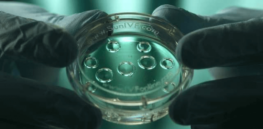
Viewpoint: Scientific community puts pressure on Germany to repeal law blocking reproductive technology and research on embryos
The scientific community is launching a renewed attack on the controversial law of the German Embryo Protection Act ...
Viewpoint: ‘Body-tracking data is so much a part of our daily lives that we sometimes forget it can be used against us’
With the changing legal landscape, privacy experts point out that data could be used to criminalize people seeking abortions ...
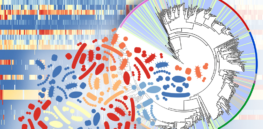
Infographic: Could gut bacteria help us diagnose and treat diseases? This is on the horizon thanks to CRISPR gene editing
Humans are never alone. Even in a room devoid of other people, they are always in the company of billions ...
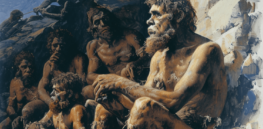
Out of Africa revisited: Where did humans migrate after leaving the continent?
A new study offers that bands of hunter-gatherers appear to have lingered for thousands of years as a homogeneous population ...
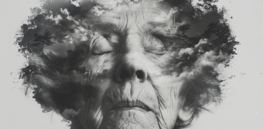
Earlier detection and new therapies stir quiet transformation in Alzheimer’s treatment
Advances in early detection and management of the disease have changed the way patients view an Alzheimer’s diagnosis ...

Going on 4 years later, 1 in 16 Americans still suffer from brain fog and other remnants of COVID
4 years ago, physicians coined the term "long COVID" to describe a form of the viral infection from which recovery ...

Viewpoint: Using CRISPR to cure diseases is an ethical tightrope — Here’s a Jewish perspective
CRISPR has the potential to treat or even cure a gamut of inherited diseases which have long evaded researchers ...

Curvy women advantage? Large buttocks may signal an evolutionary edge
Research suggests that humans evolved to have larger buttocks compared to other mammals because we primarily walk on two legs ...

Can this DNA test predict your chances of getting addicted to opioids? FDA approval stirs controversy
Using a swab inside the cheek and a sophisticated computer algorithm, a DNA test recently approved by federal regulators promises to ...
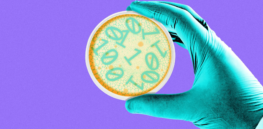
What is the meaning of life? Artificial intelligence is trying to find out
It took humans 134 years to discover Norn cells. Last summer, computers in California discovered them on their own in ...
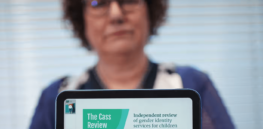
Viewpoint: ‘For most young people, a medical pathway is not the best way to manage gender-related distress’ — English rethink puberty blockers for youth in wake of controversial ‘Cass Report’
Hilary Cass is the kind of hero the world needs today. She has entered one of the most toxic debates ...
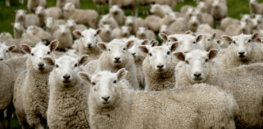
Viewpoint: Hunting cloned sheep? What weird things might happen as our bio-engineering skills improve?
Some people — not just Montanans — pay to indulge in “captive hunting,” and large sheep make excellent targets ...
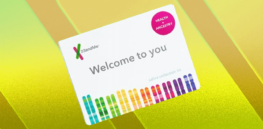
Viewpoint: Is 23andMe a ‘sinking ship?’ Stock value plummets in face of dwindling customer base and data breaches
The consumer genome sequencing company 23andMe is a sinking ship – and its CEO is conducting the orchestra ...
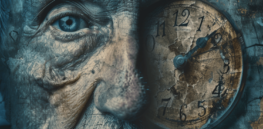
‘Their clocks are ticking faster’: Accelerated biological aging linked to cancer risks
Accelerated aging — when someone’s biological age is greater than their chronological age — could increase the risk of cancer ...
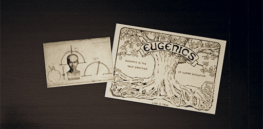
Viewpoint: Eugenics revival — From anti-immigration ‘Great Replacement Theory’ to Silicon Valley libertarian ‘pro-natalism’, ‘racial science’ is gaining a stronghold in the US
Eugenics is widely regarded as a debunked pseudoscience—developed and promoted mostly in Nazi Germany—that fell off the political radar ...
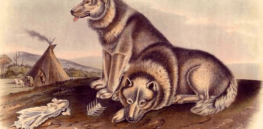
Puppy love: When did the ‘unique and deeply ancient role of dogs as human companions’ begin?
A poignant, 2,000-year-old burial in northern Italy could be the latest evidence of an ancient friendship between man and dog ...
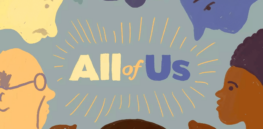
Addressing racial disparities in health research: $3 billion ‘All of Us’ genetic diversity project’s ‘trove of results’
A big federal research project aimed at reducing racial disparities in genetic research has unveiled the program's first major results ...
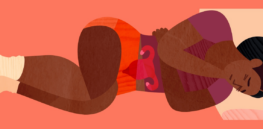
‘Miracle’ sickle cell cure limits ability to have children: What are the options?
When Celenise Mahmood first learned about two new gene therapies that could cure sickle cell disease, she felt a wave ...

Viewpoint: 25 vs 0.4 COVID deaths per 100,000 people — Trump supporters suffer higher mortality vs rest of America as anti-vaccine movement shifts from left to right
Anti-vaccine activism never had a political affiliation: the left is concerned with avoiding anything chemical, & the right opposes mandates ...
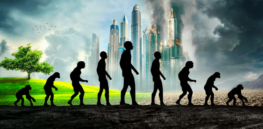
Generation X and evolution illiteracy: 30% or less acknowledge human evolution, although they do get slightly wiser as they age
A new study illustrates that the attitudes of Americans in Generation X toward evolution shifted as they aged ...

City-dwellers are gradually losing their ability to digest plant foods
Urban humans have developed trouble digesting plants while rural populations still have lots of the gut bacteria that break down ...

Humans are naturally wired to feel fear. What happens in the brain when this turns into PTSD?
Experiencing a generalization of fear is psychologically damaging and can result in debilitating long-term mental health conditions ...
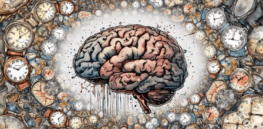
Viewpoint: Dead-end drugs? First-generation breakthrough Alzheimer’s treatments are falling short of expectations
The quest to find effective treatments for Alzheimer’s disease has historically been a lost cause with failed drugs and dashed ...
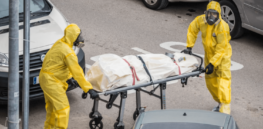
Sex and disease: Gene identified that protects men from death when hospitalized with COVID
A new study has identified a gene variant that protects men from from severe illness and death when COVID-19 lands ...

